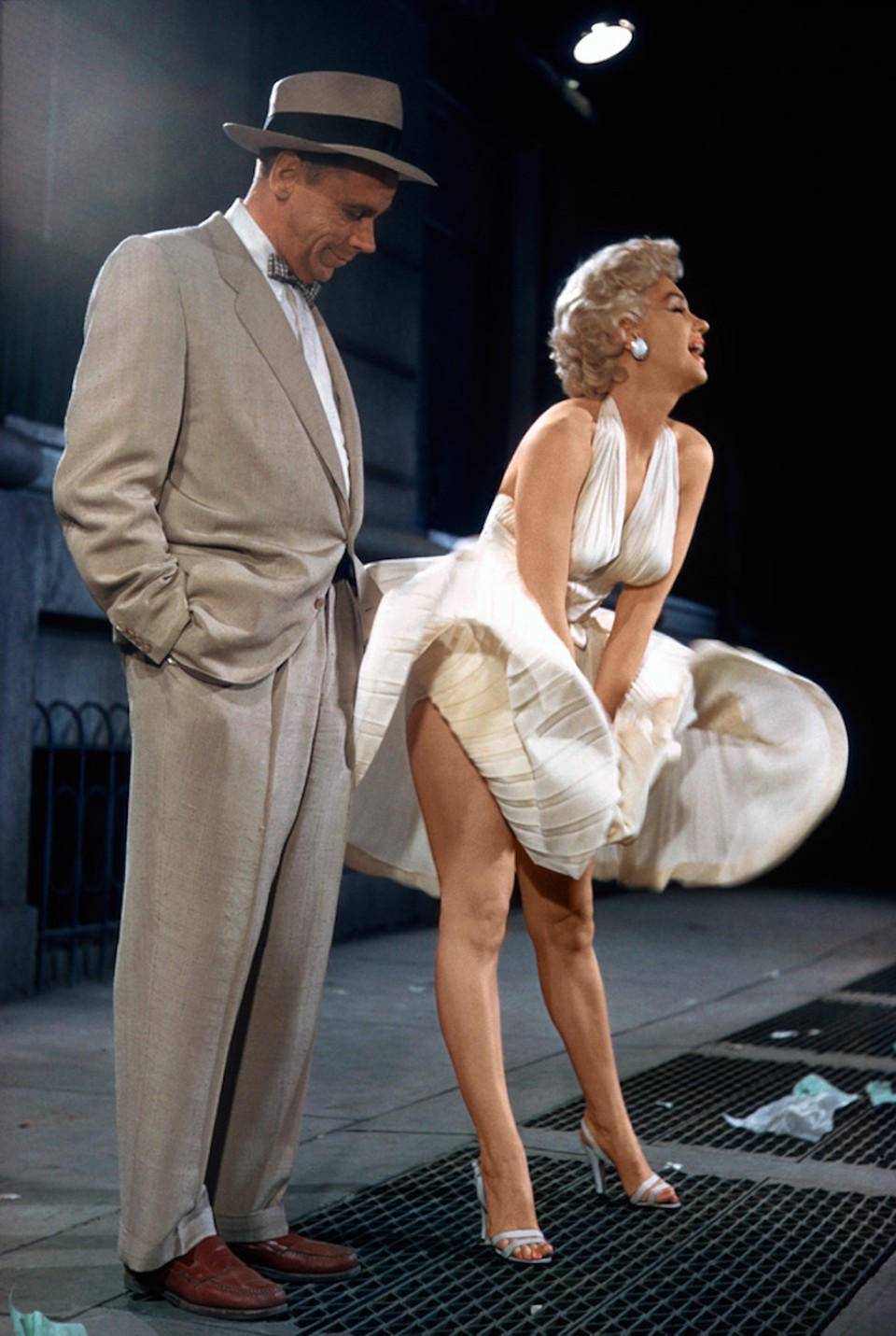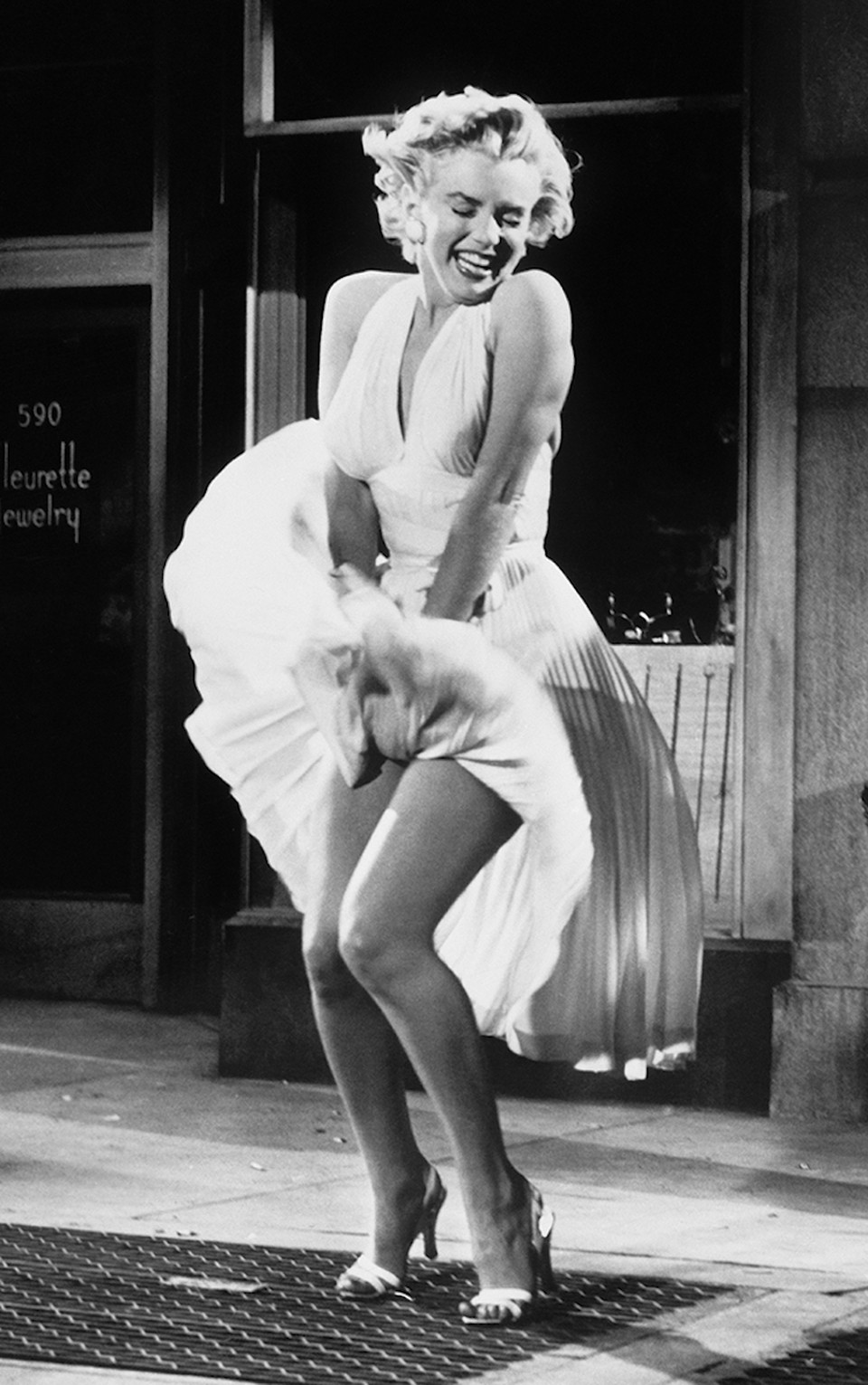













In 2004, Christopher Serbagi started the Serbagi Law Firm, where he has been fighting and winning for his clients ever since. Unlike big firms, Serbagi Law Firm is nimble and understands there is no “one size fits all” approach. Mr. Serbagi’s best in class intellectual property, trademark, copyright, and dispute resolution services combine creative strategies and business experiences to deliver effective and reasonable solutions that further your goals.
Prior to founding Serbagi Law Firm, Mr. Serbagi received his bachelor’s from Vassar College and his JD from the Benjamin N. Cardozo Law School, where he graduated magna cum laude. After Law School, Mr. Serbagi spent seven years training as an attorney at the top law firms Rogers & Wells and Clifford Chance US.
Mr. Serbagi has delivered his clients extraordinary success in very high profile cases and has twice been featured on the front page of the New York Law Journal. Famous cases he’s litigated include the rights to images of Marilyn Monroe; a trademark infringement alleged against a major television network; and the defense of Grey Goose Vodka against Belvedere Vodka. Mr. Serbagi currently represents both large corporations and startups. He has successfully litigated many dozens of important trademark and other commercial cases, including cases involving breach of contract, breach of fiduciary duty, and non-compete clauses.
An avid supporter of the arts and education, Mr. Serbagi has volunteered as a board member at The Metropolitan Opera Guild and donates legal feels to the Metropolitan Opera, the NYC Ballet, and the New York Philharmonic. For the past sixteen years, Mr. Serbagi has served as an adjunct professor of legal writing and lawyering at the Cardozo Law School. He has guest lectured at Fordham Law School on intellectual property issues, given speeches at the New York State Bar Association (IP Section), and written many well-received articles on diverse intellectual property issues.
As your lawyer, Mr. Serbagi and his firm will work extremely hard for you. Christopher Serbagi loves his work and enjoys nothing more than seeing his clients succeed. Demonstrated by his many glowing client and colleague reviews, Mr. Serbagi is always strives to achieve reasonable business solutions at reasonable costs.
Christopher Serbagi successfully defended Anthem Media Group Inc. and Fight Media Inc. against a trademark claim made by CSI Entertainment after their channel “Fight Network” landed carriage in the U.S. on Cablevision. Serbagi argued “Fight Sports” was a generic phrase used by industry insiders and the media. Under cross-examination, Serbagi got Jon Franklin, CEO of Glory Kickboxing and witness for the plaintiff, to admit “fight sports” and “combat sports” are synonymous terms. In the Eastern District of New York, Judge Ramon E. Reyes ruled CSI Entertainment had no grounds for an injunction, which was then confirmed by Judge Ann Donnelly.
By Todd Cunningham
Muhammad Ali, Sugar Ray Robinson and Archie Moore are among the names that always make the list when boxing fans recall the best counterpunchers their sport has ever seen.
But New York City attorneys Christopher Serbagi and Lawrence Silverman might rate consideration after scoring a victory for Anthem Media Group Inc. and Fight Media Inc. The companies, both Canadian, are behind the cable TV channel Fight Network in a trademark dispute with CSI Entertainment, which was seeking to protect its trademarks Fight Sports and Fight Sports Network.
The channel, which recently landed carriage on the Cablevision cable network to launch a push in the United States, was the target of a motion for a preliminary injunction led in the Eastern District of New York on behalf of CSI by Zachary Kozak and Mark Frey of Frey & Kozak. Darren Saunders of Wilson Keadjian Browndorf joined the team late in the bout to help with objections to Magistrate Judge Ramon Reyes’ report.
Not only did the duo from Serbagi Law Firm in Manhattan land enough legal blows to see their opponent’s motion for an injunction punched out in a decision written by Reyes last December and confirmed by Eastern district Judge Ann Donnelly. On top of that, the judges KO’d CSI’s trademark on the names Fight Sports and Fight Sports Network, which they ruled were generic terms.
“We knew from our research hearing that ‘Fight Sports’ was a generic phrase used by both industry insiders and the media,” Serbagi said. Momentum in the case may have shifted when Jon Franklin, CEO of Glory Kickboxing and a witness for the plaintiffs, admitted the terms “ fight sports” and “combat sports” were synonymous under cross-examination by Serbagi. Similar declarations by veteran fight sports program distributor Doug Jacobs and journalist/author Jim Genia, both called as expert witnesses by CSI, and CSI co-CEO Richard Miele, cemented its status.
Serbagi and Silverman got some help. Reyes found in his ruling that CSI’s efforts to support its contentions of customer confusion and irreparable harm were lacking.
CSI’s case was also hurt by the fact that back in 2007, when its lawyers sent a cease-and-desist letter on using the term Fight Network in Canada, anthem and Fight Media wrote back that “unless I hear from you to the contrary, FN will consider this matter settled to CSI’s satisfaction.” When CSI did not respond to their letter, anthem and Fight Media kept growing CSI entertainment Fight sports TV website and investing, leading to their push into the United States a decade later.
The seeking of an injunction by CSI, which in hindsight now appears to be an overreach, reminded Serbagi of a case involving Marilyn Monroe that he had been involved in roughly a decade ago.
His client Sam Shaw, the photographer who took the iconic shot of the actress with her skirt billowing above an air grate, was sued by Monroe’s estate.
“That estate was making something like $10 million a year and the Shaws were making a couple hundred thousand,” Serbagi recalled. “But they sued us and ultimately wound up losing big when the right to publicity was found to end at death.”
Contact Todd Cunningham at tcunningham@alm.com. Twitter: @tcnnnghm
Over forty years after Marilyn Monroe’s death, CMG Worldwide asserted, in Indiana and on behalf of Marilyn Monroe LLC (MMLLC), that Serbagi Law Firm’s client, Shaw Family Archives Ltd. (SFA), had no right of publicity to images in the Sam Shaw Marilyn Monroe Collection. The collection, shot by Sam Shaw, included iconic and copyrighted photographs—in particular, the famous series of Marilyn Monroe promoting The Seven Year Itch with her skirt flying up over a New York City subway grate. On behalf of SFA, Serbagi Law Firm filed a complaint in New York federal court for copyright infringement and other causes of action against CMG and MMLLC. The case was transferred to the United States District Court for the Southern District of New York, where Judge Colleen McMahon ruled that MMLLC had no right of publicity in the name, likeness, and image of Marilyn Monroe. At the time of her death in 1962, neither New York nor California—the two states where Marilyn Monroe possibly domiciled—recognized a descendible post-mortem publicity right. When she died, Marilyn Monroe had no publicity right in her image to pass on to her heirs or beneficiaries.